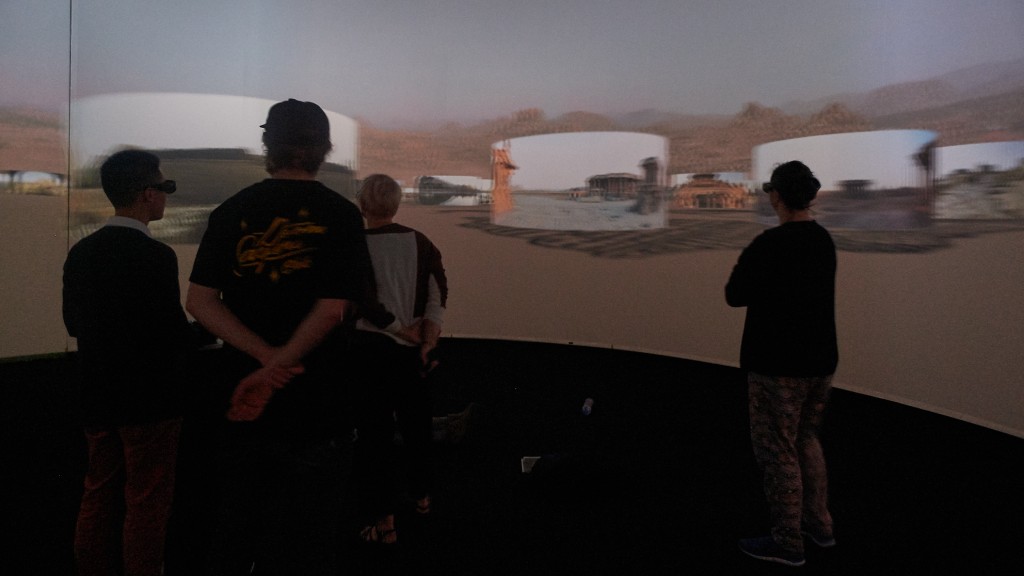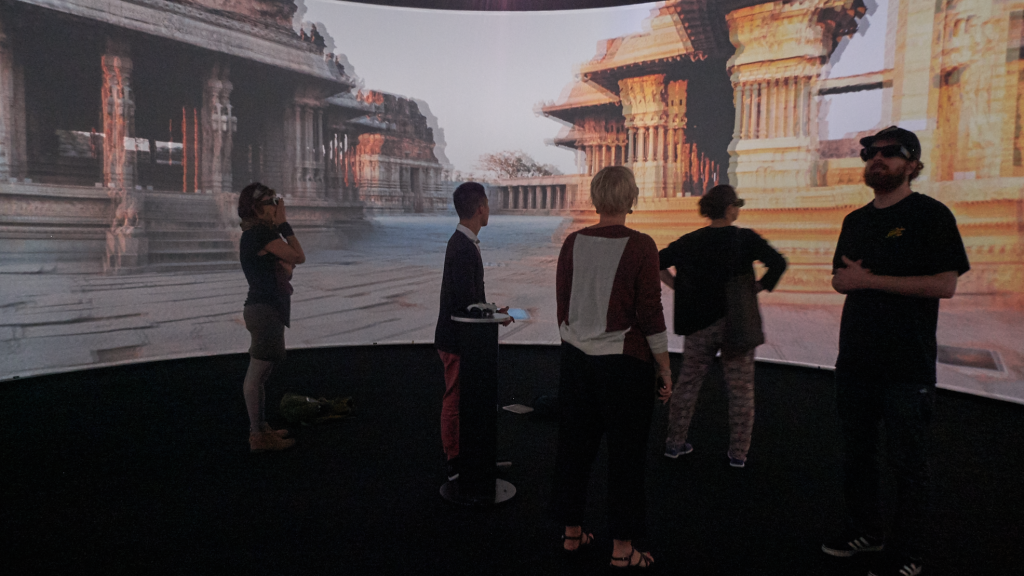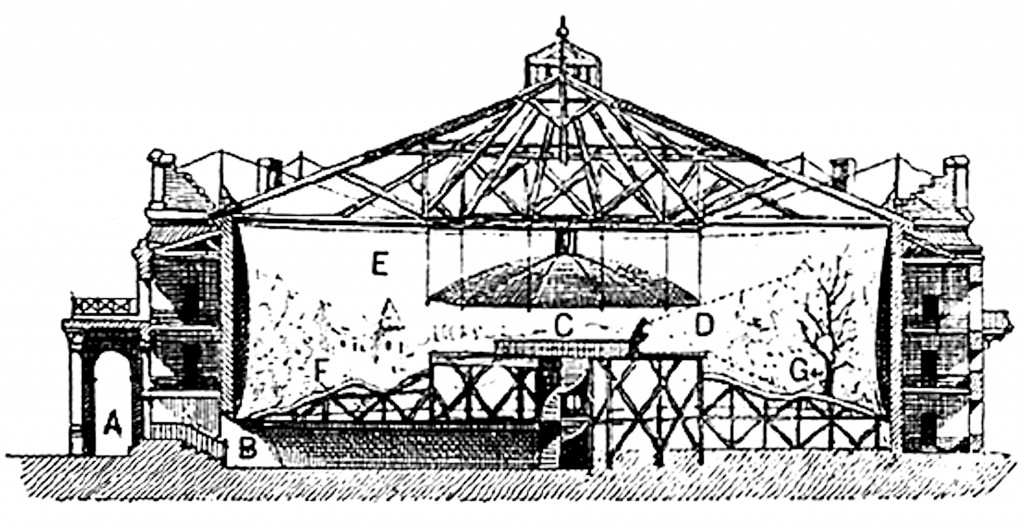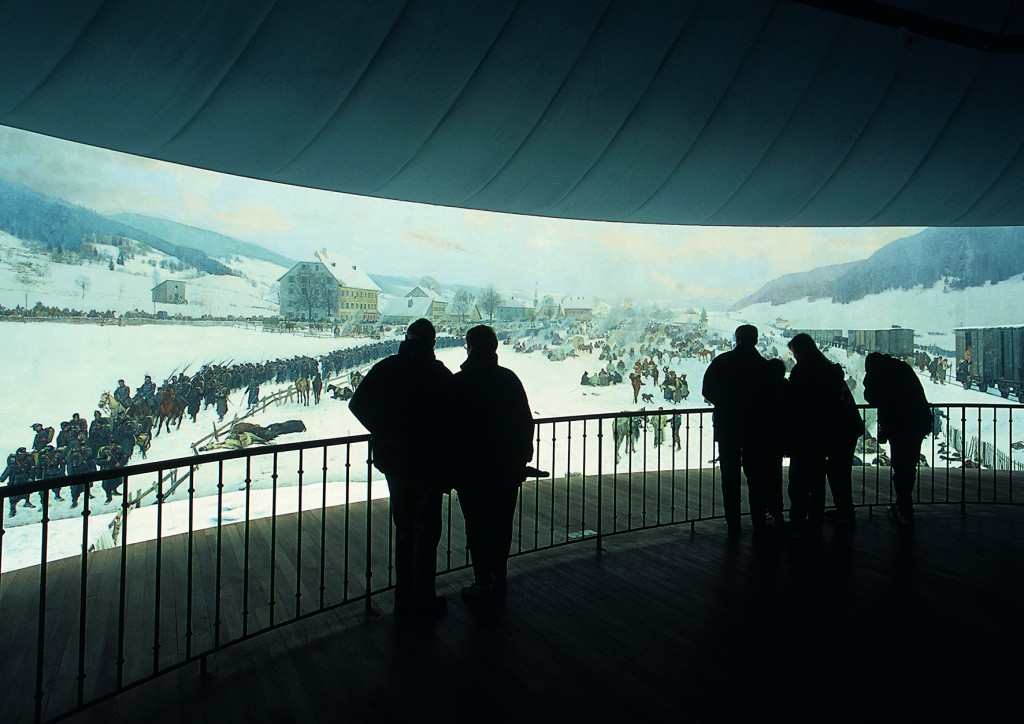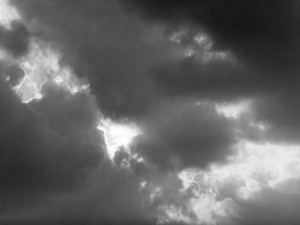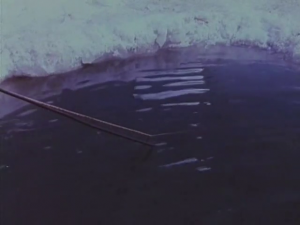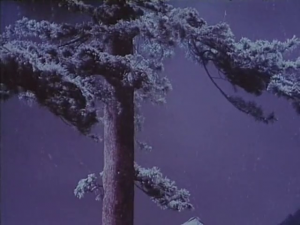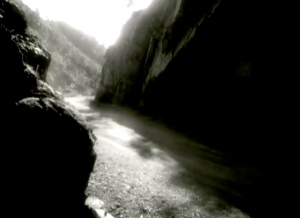In my childhood, Hong Kong people always named food or commodity with Switzerland, for instance, cookies, candies, package food, etc. In addition, their logos were represented in the landscape of nature environment, such as snowy mountain like mont blanc. As a kid, we didn’t have any idea where Switzerland or Zurich is, the image of a country was being constructed through smell, taste or package of snacks, though the landscape had nothing to do with the candy. Later, I realised those food brands manufactured their products in rural area in Hong Kong, which migrated all their production lines to Mainland China. Indeed, they keep their brand in associated with Switzerland. Recently, I am working on my own research project on Communist film after WWII until early 80s; apart its propaganda part, protagonists always struggled with tough nature environment. Perhaps this is part of the reasons that the imagery of Switzerland was idolised and reflected in products.
Tag: history
Panoramas
Visiting the School of Creative Media yesterday I was surprised to find myself in a pretty amazing machine called Gallery 360, which creates an immersive and interactive environment that is one way of representing remote locations. The form of the installation, the 360 degree rotunda, actually goes back to the 19th century panorama. The panorama then was one of the most influential forms of visual entertainment and consisted of a giant painting often combined with extra scenery in front of it. Switzerland has a famous panorama in Lucerne, the Bourbaki that shows a scene from the Franco-Prussian War.
